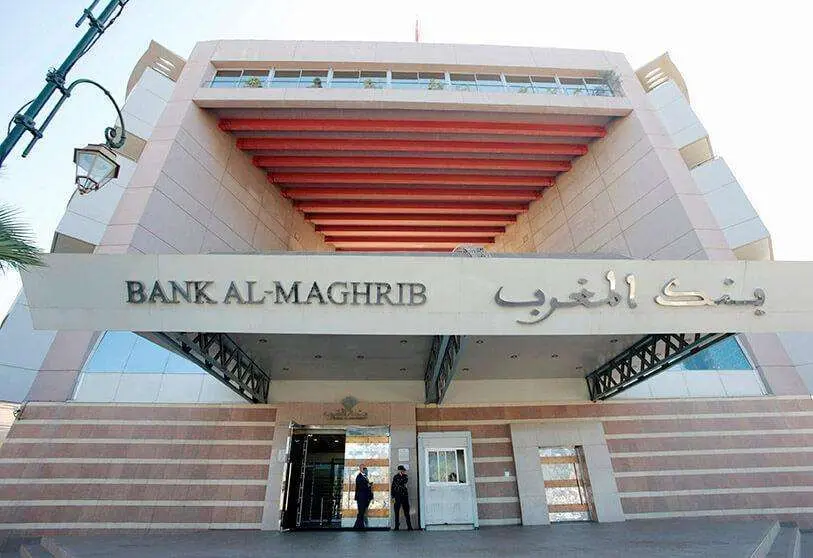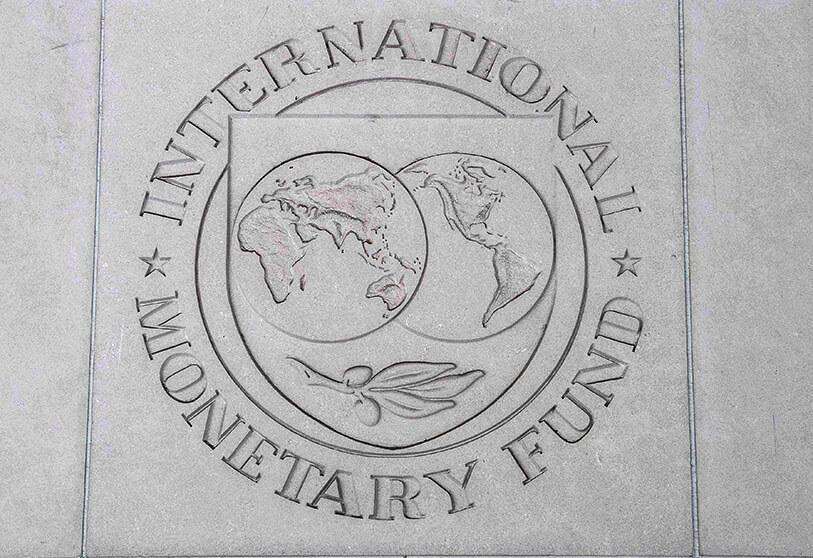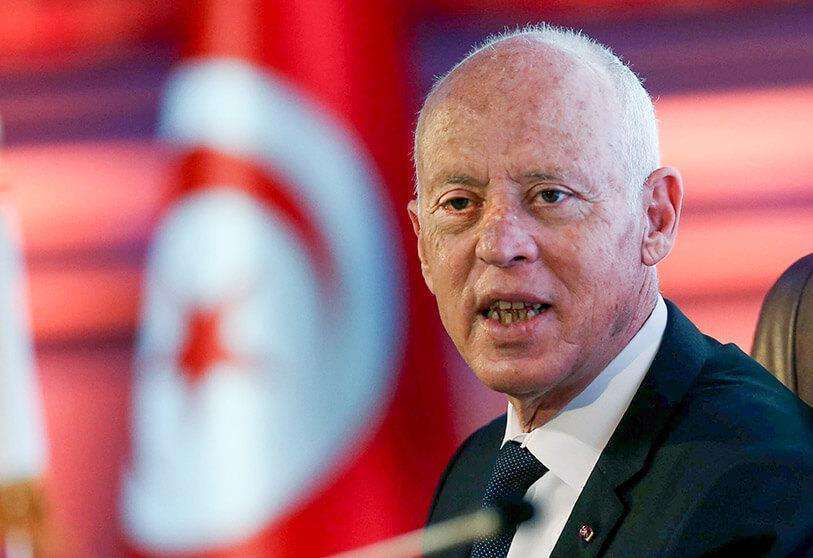Marruecos reduce el déficit presupuestario

A positive impact for Morocco. The Arab Monetary Fund (AMF) has published a study of four countries in North Africa and the Middle East in order to identify the effects of the structural adjustment programmes of the AMF and the International Monetary Fund (IMF).
Jordan, Tunisia, Morocco and Egypt are the countries that have been analysed by adopting a methodology consisting of comparing economic indicators both during the period before and after the implementation of adjustment programmes.
In this sense, Morocco is the country that has experienced the greatest improvement in its indicators. "In Morocco, with the support of the Arab Monetary Fund, it led to a reduction in the budget deficit during and after the implementation of the programme," the study publishes.
This deficit was reduced from 6.8 billion dirhams to 5.2 billion dirhams during the implementation of the Precautionary and Liquidity Line (PLL) programme, and 4.1 billion dirhams after the programme. The Kingdom's current account deficit has also been reduced, from $8 billion to $4.2 billion during the implementation of the same programme.

Protecting the Moroccan economy from external shocks, restoring economic growth, strengthening budgetary control and reducing the public debt-to-GDP ratio are the fundamental objectives of the LPL programme, which have been achieved since its implementation ten years ago. "Morocco has signed four successive agreements with the IMF to benefit from the precautionary and liquidity line since 2012. The last agreement concluded with the IMF dates from 2018 and was extended until the end of 2020," the Arab Monetary Fund noted.
In this regard, the report prepared in this regard shows an attenuation of the budget deficit from 3.8% in 2016 to 3.6% in 2017. It should be noted that within the framework of the AMF's economic reform programmes, the institution granted 30 loans to Morocco in 2021 worth 567.3 million countable Arab dinars.
However, the Kingdom has not been the only one to be assessed by the two monetary institutions. Tunisia has also been studied, although without the same results as Morocco. So much so that it hopes to receive another new loan to solve its economic crisis. The IMF has described as "productive" the discussions of Kais Saied's government to evaluate its economic reform programme with a view to granting what would be the third loan in the last ten years.

"The authorities are moving ahead with their economic reform agenda to maintain macroeconomic stability, support inclusive growth, and strengthen social safety nets and fiscal equity," said mission chief Björn Rother. In addition, the effects of the pandemic and the war in Ukraine are expected to further increase high inflation and soar deficits and debt, a challenging reality that increases the need for IMF and AMF grants.
Earlier, IMF director for the Middle East and Central Asia, Jihad Azour, also gave a thumbs-up to the Tunisian economic programme. "It has the benefits of greater ownership and credibility, which gives it a better chance of success than in the past," he said.








